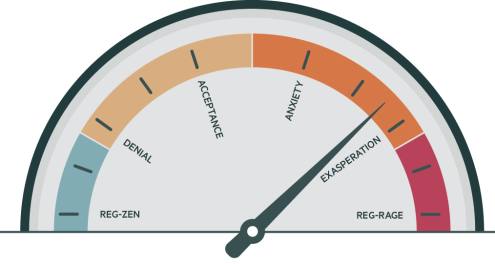The development of cryptocurrencies and other digital assets is presenting global regulators with a range of new money laundering and terrorist financing threats. To address this challenge, the Financial Action Task Force (FATF), an intergovernmental anti-money laundering (AML) and combating the financing of terrorism (CFT) watchdog, has taken action since 2018 by updating its standards to include virtual assets (VAs) and virtual asset service providers (VASPs). Yet these changes, accompanied by additional clarifications and guidance published in subsequent years, have run into a number of implementation problems at the national level.
In FATF’s latest update covering the implementation of its VA and VASP AML/CFT standards, published on June 30, the organisation noted that take-up among its constituent jurisdictions was low. In particular, it was observed that in the three years since its guidance was clarified, a majority of the 53 countries surveyed had failed to fully implement FATF requirements. Meanwhile, over the past 12 months, progress enacting the all-important “Travel Rule” requirement has been sluggish, with only 11 out of 98 surveyed jurisdictions actively enforcing the rule.







